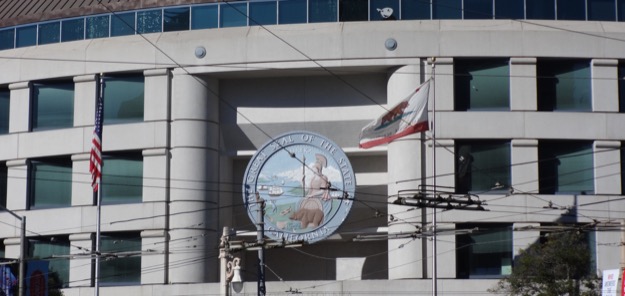California broadband subsidy grab tagged a tax bill, heads to assembly vote
![Christopher Michel [CC BY 2.0 (https://creativecommons.org/licenses/by/2.0)], via Wikimedia Commons](https://www.tellusventure.com/images/2017/6/fig_leaf.jpg)
It was too much to hide.
Slower Internet speed standards and rules designed to funnel broadband subsidy money to AT&T and Frontier Communications are queued up to be decided by the California assembly. The appropriations committee released assembly bill 1665 from the "suspense file" last week and sent it on to a full floor vote, which could happen as early as today. Only one committee member dissented – William Brough (R – Orange County) voted no.… More


![By Manuel Dohmen (Own work) [GFDL (https://www.gnu.org/copyleft/fdl.html), CC-BY-SA-3.0 (https://creativecommons.org/licenses/by-sa/3.0/) or CC BY-SA 2.0 de (https://creativecommons.org/licenses/by-sa/2.0/de/deed.en)], via Wikimedia Commons](https://www.tellusventure.com/images/2017/5/dollar_notes.jpg)
![Coolcaesar at the English language Wikipedia [GFDL (https://www.gnu.org/copyleft/fdl.html) or CC-BY-SA-3.0 (https://creativecommons.org/licenses/by-sa/3.0/)], via Wikimedia Commons](https://www.tellusventure.com/images/2017/5/pge_bucket_trucks.jpg)


![By 401(K) 2012 [CC BY-SA 2.0 (https://creativecommons.org/licenses/by-sa/2.0)], via Wikimedia Commons](https://www.tellusventure.com/images/2017/5/piggy_bank.jpg)


![Carol M. Highsmith [Public domain], via Wikimedia Commons](https://www.tellusventure.com/images/2017/1/sf_apartment.jpg)